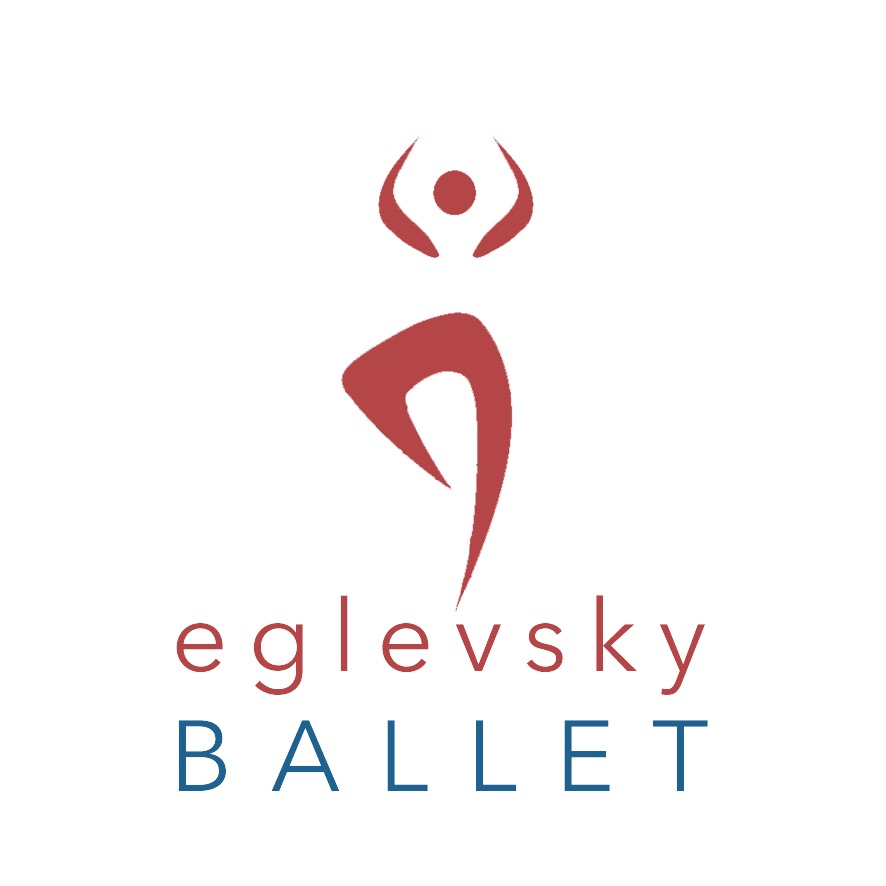
How to Get Health Insurance When Your Employer Doesn't Offer It
How to choose and sign up for a health insurance plan if your company doesn’t offer one
Get kid-friendly activities sent to you!
Get the Best Kid-Friendly Activities
Sent to You Weekly!
COBRA
If you recently quit or lost your job, you can keep your old insurance for a limited period thanks to the Consolidated Omnibus Reconciliation Act, COBRA for short. This federal law allows you to continue paying for your old plan. The catch? You now have to pick up the entire cost, so it is often very expensive. Plus, you only have 60 days to sign up after your job coverage ends, so you need to move quickly.
You can also use COBRA to get coverage if you get a divorce, your insured spouse dies, or you become too old to be on your parents’ plan. The maximum amount of time you can get coverage this way is 18 months, and you can opt out at any time.
Exchange Plans
Another option is buying a plan on an exchange and, thanks to the ACA, every state now has an insurance marketplace, where you can compare plans and choose the best one for you. Each is guaranteed to comply with the ACA’s rules, such as covering pre-existing conditions and preventative care, and no cap on annual benefits. There are also many subsidies you can apply for. You can buy a plan from the marketplace online, on the phone, via a paper form, through a private exchange, or direct from a broker or agent. Again, you can only do this during open enrollment or special enrollment.
What many people don’t realize is the state marketplace doesn’t include all ACA-compliant plans offered by insurers. “If you don’t qualify for subsidies, it’s a good idea to have a look at something like eHealth or speak to a broker, because there may be a plan that isn’t on the state marketplace that could be good for you,” Zamosky says.
Small Business Owners
One exception to the open enrollment period rule is available to small business owners. If you run a small business with two or more full-time employees, you can buy something called small business plan insurance. These are ACA-compliant and often work out to be very good value, Zamosky says.
If you don’t have your own business, there are many business associations that offer health insurance plans. For example, if you are one of the 57 million freelance workers in the United States, you can buy a plan through the Freelancer Union. There are 450,000 members nationwide, and it’s free to join. Association plans like this can only be joined during open enrollment or special enrollment.
High-Deductible Health Plans
With HDHPs, you pay a lower monthly premium because your deductible is high. They are often offered by employers alongside a Health Savings Account they contribute to, but HDHPs can be bought individually. Before deciding on one of these plans, it’s very important to figure out if it makes sense based on your specific medical needs. According to Zamosky, there are two types of people who this plan suits: those who rarely visit the doctor and so save money with the low premium, and those who anticipate high costs (such as people planning surgery in the next year) who benefit from the cap on the out-of-pocket expenses.
Whatever path you choose, don’t opt out. No insurance means you won’t be able to take care of your health with regular check-ups and preventative care. You won’t be prepared in the case of an accident if you need medical attention or hospitalization. Medical bills can quickly add up if you don’t have insurance, and are a leading cause of bankruptcy, according to a recent study by the American Public Health Association. “I would never recommend that as a financial planner—or as just a citizen,” Castro says.









